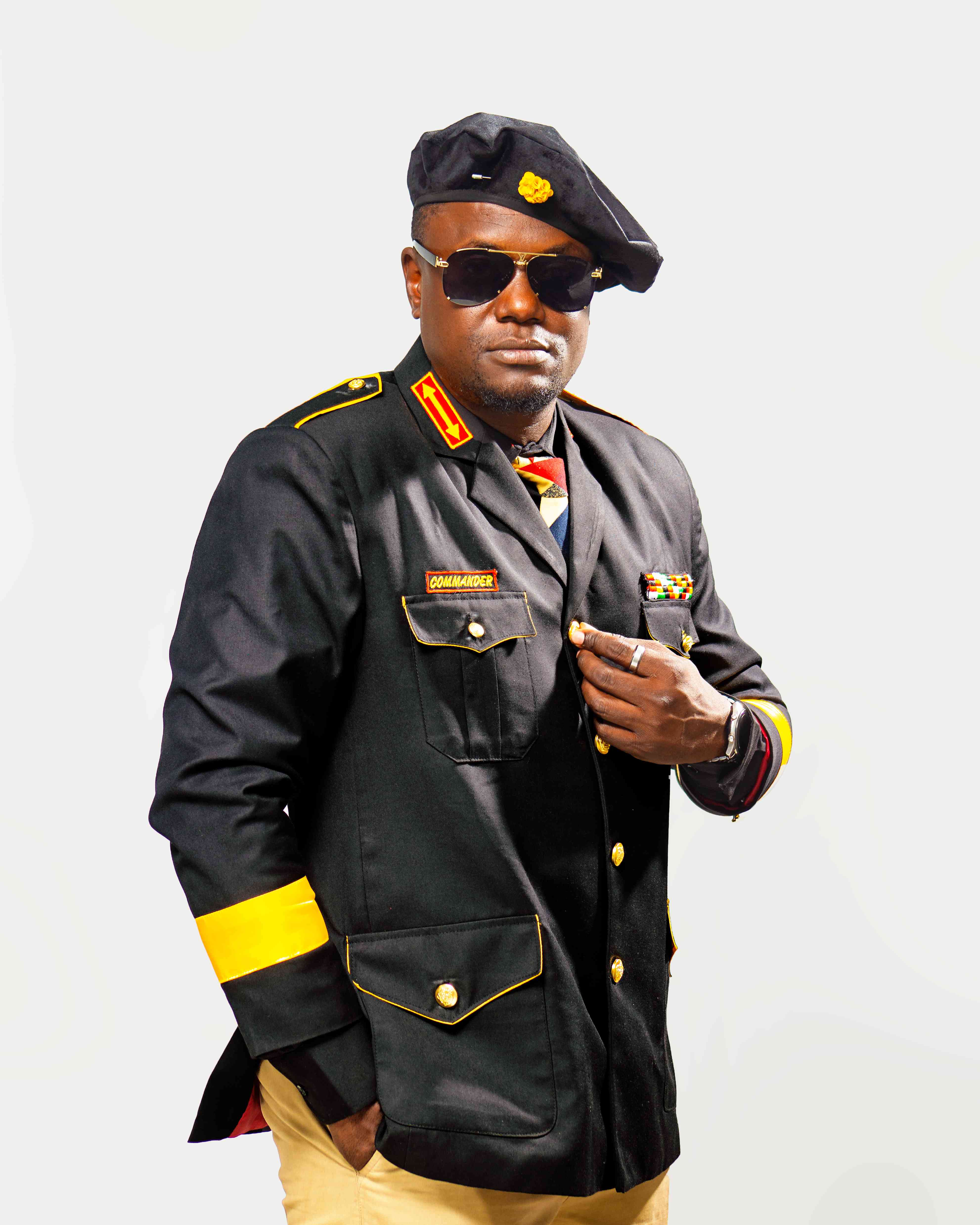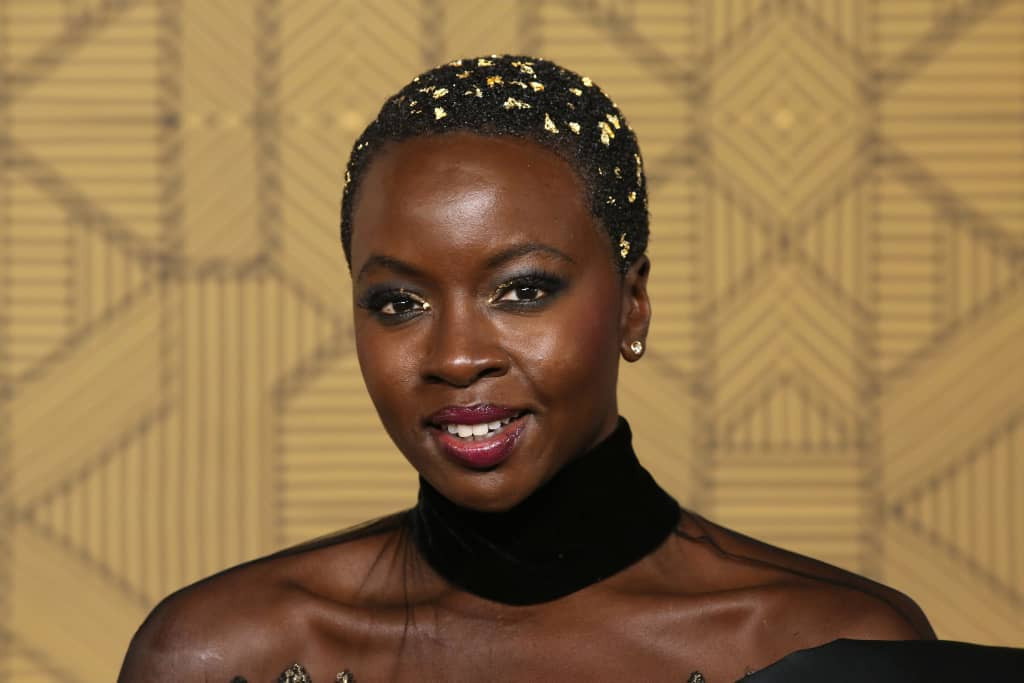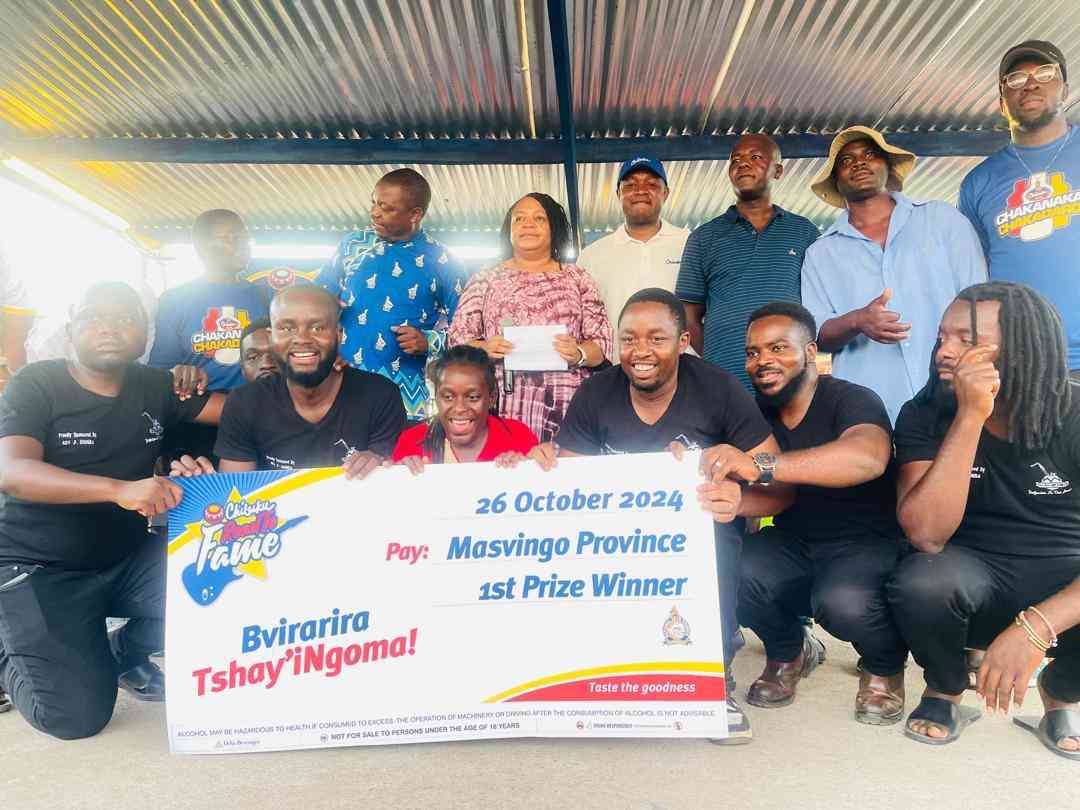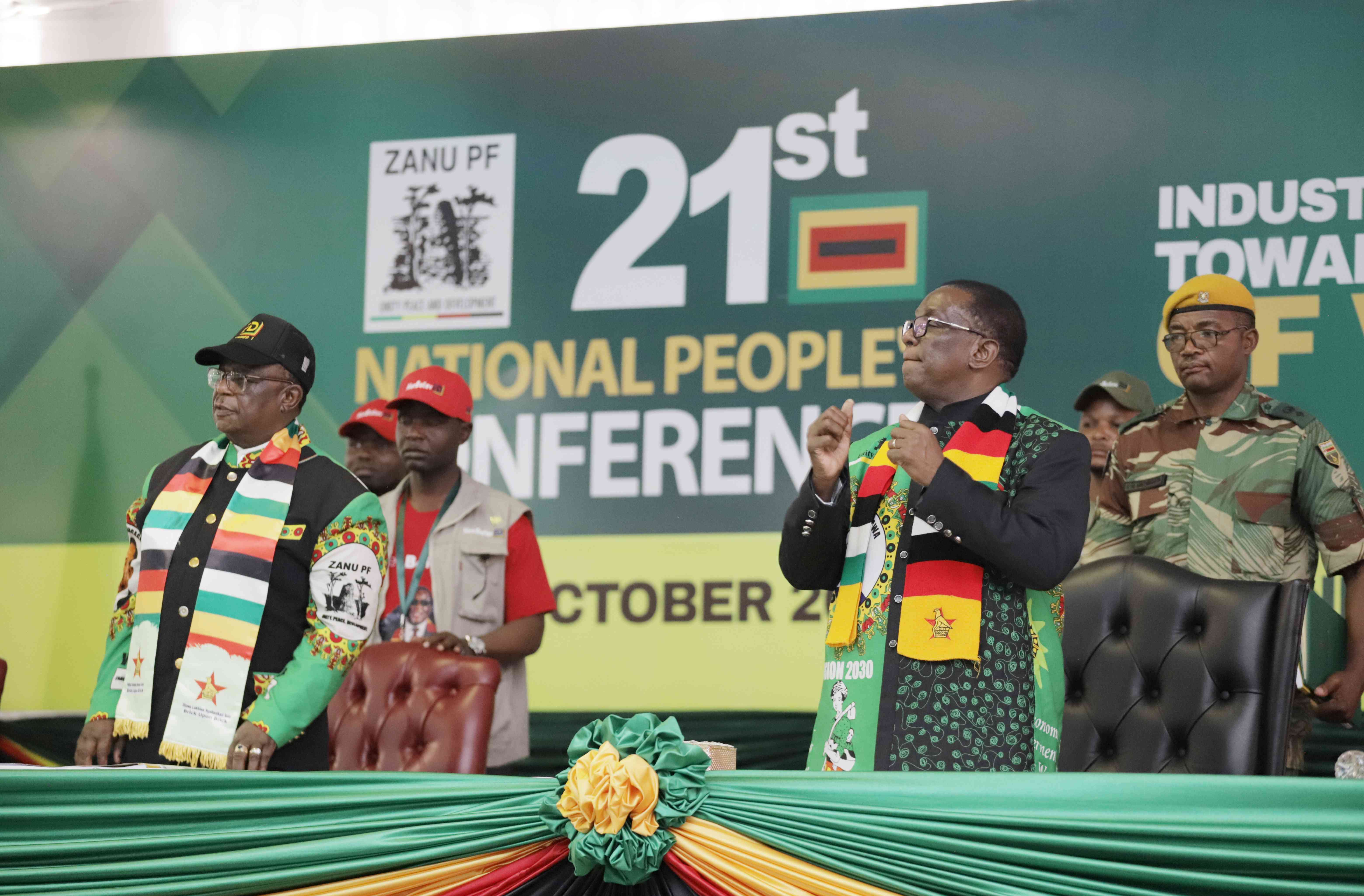
Canada-based hip-hop artiste Thabo Chinake, affectionately known as KThe Chosen, has dropped a new album titled +Vice, which is laden with tracks on social commentary. The 25-year-old musician has three albums in a music career that has spanned for more than seven years. Our style reporter Jairos Saunyama (JS) spoke with Chinake (TC) on his latest album among other issues.
Below are excerpts from the interview.
JS: How many albums do you have now and their titles?
TC: I’ve self-released three albums with +Vice being the third one. The other two are Nomad’s Land released in 2018 and Jouska in 2020.
JS: What is the response like after the release of +Vice?
TC: A lot of people have been grateful for the fact it covers mental well-being and grief. Most people’s favourite songs are Dear African Fathers, Her Anthem and Food for Thought. Her Anthem is a posse cut with three amazing MCs speaking on female empowerment and being a woman in the music industry while on Dear African Fathers, KTheChosen enlists rapper, Soko Matemai to discuss African parenting styles and how it affects the development of their children.
JS: In short, your album speaks more of social issues and gender imbalances?
TC: +Vice is a concept album that looks at the importance of checking in with those we care about. Often we only pay attention to symptoms of poor mental well-being, e.g alcoholism, instead of addressing the root cause.
- Chamisa under fire over US$120K donation
- Mavhunga puts DeMbare into Chibuku quarterfinals
- Pension funds bet on Cabora Bassa oilfields
- Councils defy govt fire tender directive
Keep Reading
A person may be drinking more due to stress but if we don’t ask them what’s going on in their lives then the truth may never be revealed and whatever solution we come up with will only be temporary. The musical project revolves around the passing of an unnamed female character and each song looks at different possible factors that may have led to her death.
The songs cover colonialism, grief, bad parenting, the pressure of societal expectations and club culture. Each topic has an effect on how we perceive ourselves and how our ability to keep up with this perception affects our mental health.
I believe in the power of story telling and am always inspired by the experiences of others. I use music as a way to release my thoughts and emotions on issues I see in society in hopes of inspiring people to discuss them more openly
JS: How do you market your music?
TC: I use a platform called Distrokid to upload my music to streaming services such as Spotify, Apple Music, Audiomack and others. I then use social platforms like Instagram and Facebook to promote the music after creating visual and audio content to support each release. I do a bit of audio and visual editing myself for social media posts and have friends who help with me with more complicated content like music videos or album art.
JS: Do you think you are being listened to back home? Why do you say so?
TC: I have worked with a few blogs like Earground, local podcasters like The Heat Radar with Ultra The Poet and radio shows like Hip-hop Basement with DJ Pro on audiomack to boost the reach back home.
It’s reaching a few people but is still limited by the fact that streaming is dependent on WiFi or data, even when I add it to free platforms like YouTube and Soundcloud there’s a dependence on electricity to be present so I’m working on ways to send audio files so people can download once and have the songs forever.
I find collaborations are a good way to reach an audience too. My song Dear African Fathers features Soko Matemai and not only did his presence of the track excite Zimbabwean hip-hop fans but he also helped me promote the song on Instagram through funny skits.
JS: What is your comment on the state of hip-hop in Zimbabwe?
TC: It’s growing and it’s been inspiring. When I was in high-school only one or two hip hop acts were well known but now there’s so much diversity and people raising the flag in different countries. I’m most impressed by the increase in the quality of music videos,I feel Zimbabwean hiphop is next up.
JS: What are your final words to upcoming hip-hop artists?
TC: Be creative and original in what you do. For a long time people were trying to copy what they saw in South African or American rap but Nigerian music become global because it’s unapologetic in its own sound and style. As Zimbabweans we have a story to tell and instruments that are native to us which the world will appreciate once we take pride in it ourselves.











